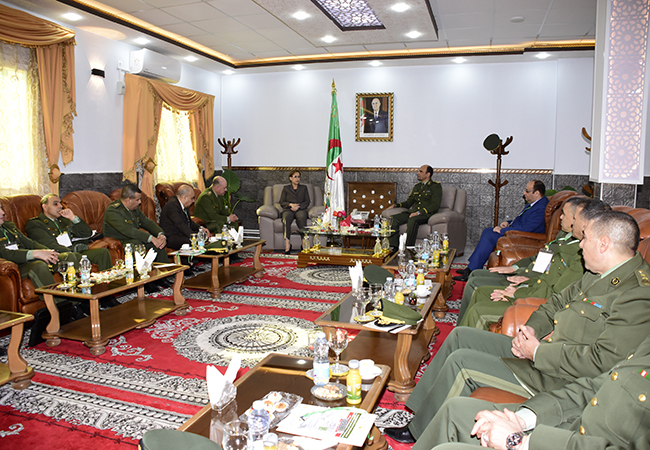Actualities | 22nd April 2025 :
The National Gendarmerie Organizes a Training Day on the New Provisions of the Organic Law Defining the Organization of the People's National Assembly and the Council of the Nation
|
As part of efforts to enhance legal competence and strengthen institutional understanding among the National Gendarmerie's frameworks, the Higher School of the National Gendarmerie in Zeralda hosted, on April 22nd, 2025, a training day focused on the new provisions of the organic law defining the organization of the People's National Assembly and the Council of the Nation, as well as the functional relationships linking them to the government. The opening of this event was supervised by the Brigadier General, Director General of the National Institute for Forensic Evidence and Criminology of the National Gendarmerie, in the presence of senior officers from the National Gendarmerie Command, along with representatives from the Ministry of Parliamentary Relations and Ministry of Justice.
      |





